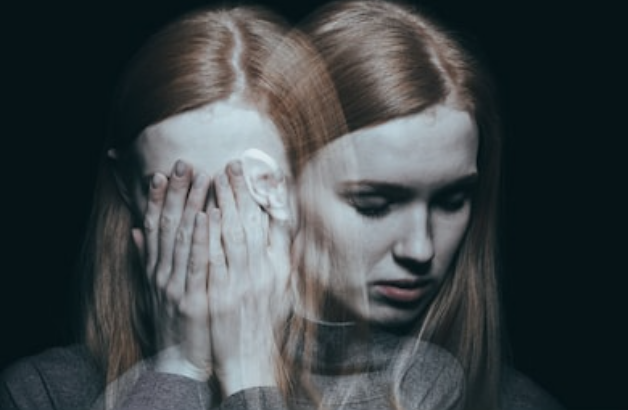Bipolar disorder is a common mental illness that affects three million Americans every year. It can create dramatic mood swings in the lives of patients, ranging from mania to depression. Depressive episodes are characterized by a sense of fatigue, hopelessness, and loss of pleasure or interest. Manic episodes are characterized by euphoria, racing thoughts, and risk-taking behaviors. Manic episodes or mood swings can occur several times per year, but even one or two episodes warrant a psychiatric diagnosis. Both cycles of bipolar disorder can create daunting obstacles in the lives of patients, so understanding the nuances of mania or depression is essential along the path to wellness. A combination of psychological treatment and pharmaceutical treatment, are generally recommended for those suffering from bipolar disorder.
Bipolar I, Bipolar II, and Cyclothymic Disorder
It is important to understand the distinction between the three types of bipolar disorder.
- Bipolar I is defined by a manic episode that lasts at least seven days or is so severe that it requires hospitalization. At their worst, these episodes include a psychotic break, loss of contact with reality or other symptoms. Depressive episodes are usually present as well, typically lasting at least two weeks.
- Bipolar II includes swings between depressive episodes and hypomanic episodes, but doesn’t reach the same level of mania as bipolar I. Despite appearing like a less severe version of bipolar I, this is actually a fundamentally different illness that requires a separate diagnosis and treatment plan.
- Cyclothymic Disorder is defined by periods of emotional heights and lows which shifts as extreme in people with bipolar disorder but with the ability to be able to function relatively better in daily life.
Symptoms
Being aware of the warning signs of bipolar disorders can help patients seek treatment and necessary treatment to manage the disorder. Depressive and manic episodes each have a unique set of symptoms, and if you have experienced some period of both over the last few years, it may be time to seek intervention and necessary treatment. In a manic state, people often feel elated and euphoric, irritable or touchy. Their need for sleep decreases, which can become turn into insomnia. Weight loss, suppressed appetite, weight gain, or increased appetite are also common. The sense of judgment is often overridden by excitement, impulsiveness, and many other high-risk behaviors.
These behaviors may include but are not limited to: excessive spending, binge drinking, unprotected or otherwise risky sex, gambling, eating disorders, self injurious behaviors, alcohol addiction, drug addiction and random acts of extreme generosity. In less extreme cases of mania, patients can be resistant to treatment and not be compliant, because they often feel very good and are able to function in life. But, because these episodes inevitably either become more extreme or give way to the “lows,” it is important to stay devoted to clinical recommendations and treatment plans. Depressive episodes, on the other hand, can be identified if you experience any of the following: loss of interest in your usual hobbies, work, or daily activities, increased appetite and weight gain, noticeably slow speech, trouble concentrating, or the inability to complete simple tasks.

Treatment Options for Bipolar Disorder
Treatment plans may also target sleep, anxiety or other salient features of the one’s behavior. Among other options, it is highly recommended that anyone suffering from bipolar disorder dedicates a serious amount of time and energy into talk treatment and psychotherapy. The support, education, and guidance that a psychologist can provide in helping a patient understand their condition is invaluable. Often, past manic or depressive episodes will have debilitating consequences which require treatment to improve functioning. Cognitive-behavioral treatment, dialectical behavioral treatment, psychodynamic, and interpersonal treatment can all be powerful tools to lessen the strength of mood swings and combat their negative consequences. Although bipolar disorder can feel all-consuming and inescapable, with the proper diagnosis, interventions, and a solid treatment plan, designed by a caring psychologist, a functional, stable life is possible.
We’re Here for You
At Blair Wellness Group, we’re devoted to being by your side in the treatment of your bipolar disorder. Seeking immediate psychological treatment and talk treatment is vital for your emotional health and psychological well-being. You can receive support to learn more about your own patterns, strengths, and pitfalls. You can achieve a healthy, balanced life.
If you want to make important changes in your life, seek psychological services. We are here to support and guide you through every step. Remember, emotional discovery is a process of practicing patience, persistence, perseverance, open-mindedness, and dedication. You do not have to go through this alone. Taking the first step can be difficult, but once you develop the courage to do that, you can be on the path towards healing. A rewarding, fulfilling, healthy and happy life can be achievable. Now is the time for you to take the necessary steps along that journey. Please give us a call and start the process of getting treatment.















